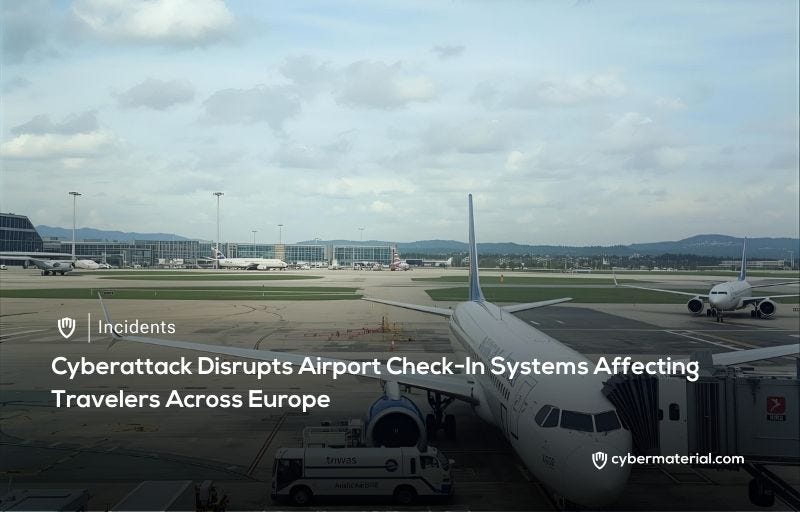
A cyberattack targeting a critical airline check-in system created chaos at some of Europe’s busiest airports on Friday. The incident impacted software provided by Collins Aerospace, a major supplier of passenger processing systems, forcing several hubs to rely on manual operations. This led to long queues, significant delays, and frustration for thousands of travelers.
The disruption was particularly acute at Brussels Airport, where staff resorted to printing boarding passes and writing baggage tags by hand. By late morning, these manual processes had resulted in ten flight cancellations and more than a dozen significant delays. While airport officials confirmed that essential services like security screening and air traffic control were unaffected, they admitted the passenger experience was heavily impacted.
Other major European hubs also felt the ripple effect of the cyberattack. London Heathrow and Berlin Brandenburg both reported longer processing times for check-in and bag drop. In Ireland, the airports in Dublin and Cork experienced limited interruptions, with authorities noting the impact was quickly contained. Still, the most immediate consequence for passengers was spending extra time in long lines and, in some cases, missing their flights. Airport spokespeople advised travelers to arrive earlier than usual to accommodate the slower, manual procedures.
Collins Aerospace, the company at the center of the disruption, confirmed it was investigating the incident. The attack targeted its MUSE (Multi-User System Environment) software, which is widely used by airlines and airports for passenger management. Although airlines were not directly hacked, their operations were still affected as many rely on the same system to coordinate check-in, boarding, and baggage.
By Friday afternoon, many locations were still using manual procedures, but airport staff worked hard to minimize delays as they awaited the restoration of the automated systems. The incident serves as a stark reminder of the vulnerability of interconnected global travel systems and the widespread consequences that can arise from a single cyberattack.
Reference:
The post Cyberattack Hits Europe Airport Systems first appeared on CyberMaterial.


